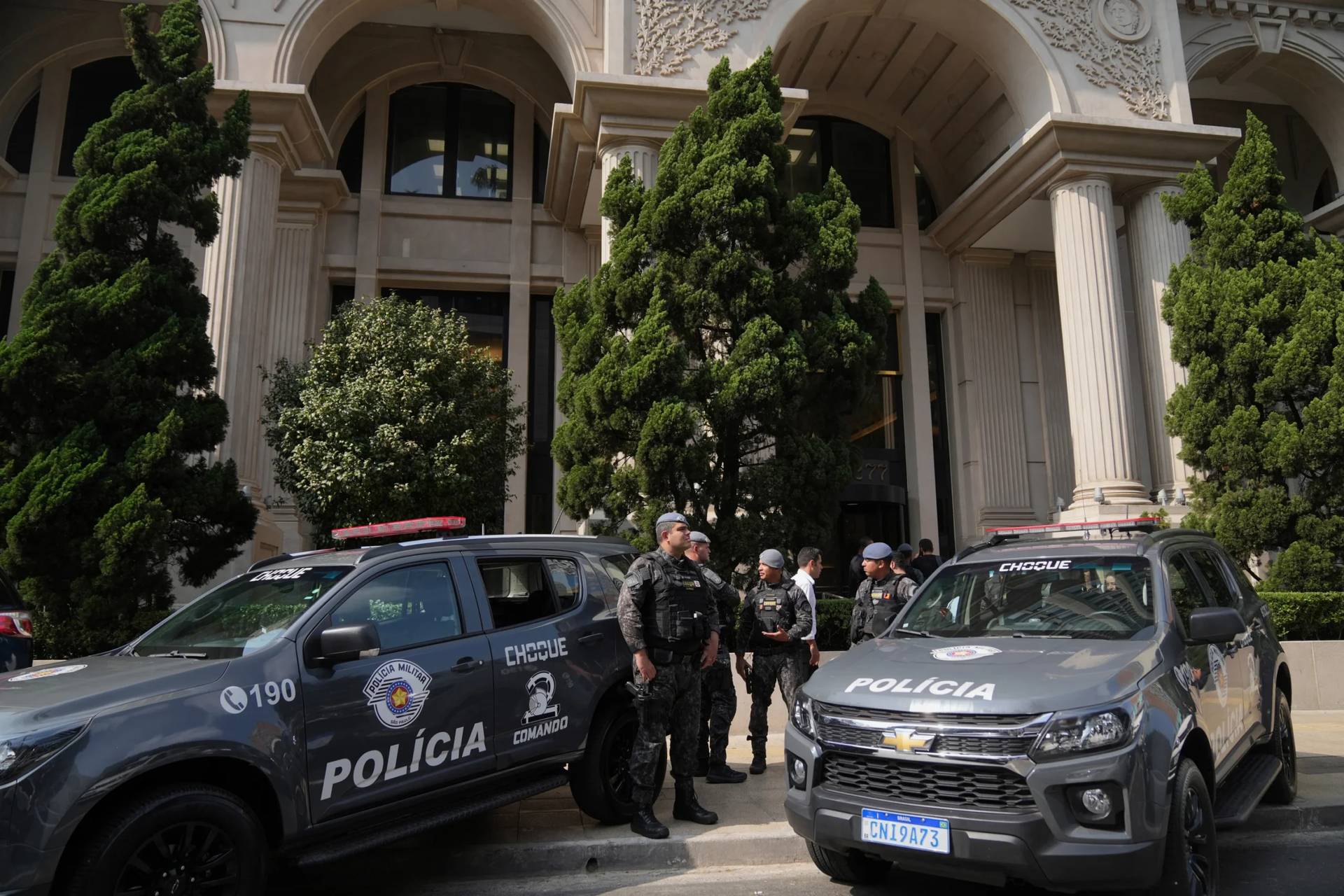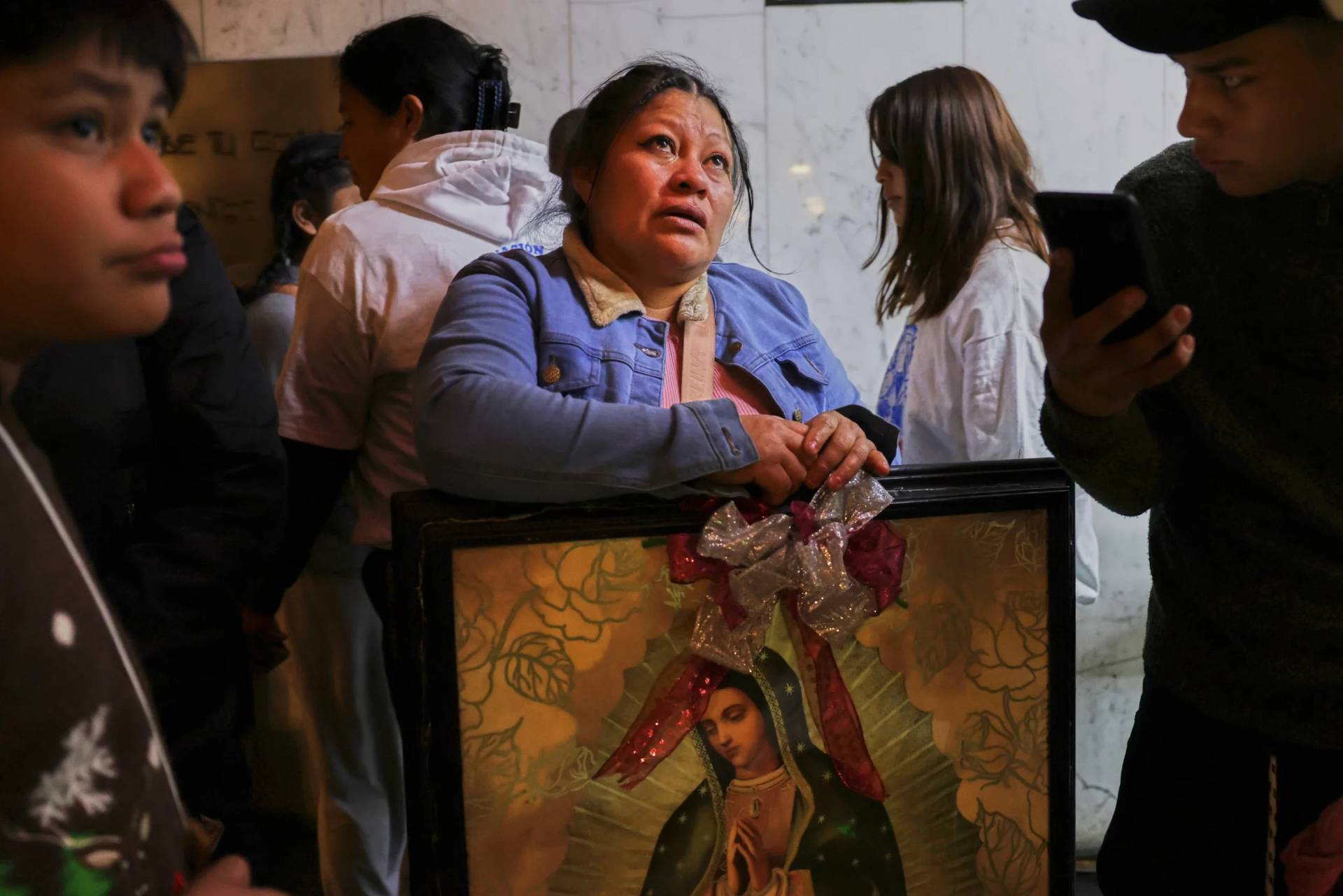ROME – A witness for a journalist being sued by a Peruvian archbishop for defamation related to charges of sexual and financial abuses says that while the prelate was complicit in a cover-up, he may simply be the product of his formation and the influence of charismatic figures who were themselves guilty of abuse.
In comments to Crux, Martin Scheuch described Archbishop José Antonio Eguren Anselmi of Piura in northwestern Peru as “a nice person with a smiling character, very sentimental and affectionate, who worried about other members of the community.”
The archbishop, he said, “was kind in his treatment, and he didn’t use coarse words or insults when he was speaking with someone, not even his subordinates, which is different than other Sodalits with responsibility, who were used to using vulgar language.”
The reference is to the Sodalitium Christianae Vitae (SCV), a controversial Catholic organization that originated in Peru and whose founder, layman Luis Fernando Figari, has been accused of physical, psychological and sexual abuses and who was prohibited by the Vatican in 2017 of having further contact with members of the group.
Despite exhibiting abusive behavior and participating in his community’s misdeeds, Eguren Anselmi’s conduct “was no different substantially than what other people in positions of authority in the Sodalitium did, [and they] probably were not aware of the severity of what they did.”
Scheuch is a former member of the SCV and lived with Eguren Anselmi at various points during his time in the group. The archbishop is currently suing two journalists for defamation.
Those journalists, Pedro Salinas and Paola Ugaz, co-authored the 2015 bombshell book “Half Monks, Half Soldiers,” which details years of sexual, psychological and physical abuse inside the SCV. Despite the fact that Salinas and Ugaz’s alleged defamation happened in Lima, the cases are being tried in Piura.
The complaint against Salinas was made in relation to the publication of a series of articles and interviews he published comparing Eguren Anselmi to Chilean Bishop Juan Barros, who recently resigned after facing accusations that he helped cover up the abuse of his longtime friend and Chile’s most notorious abuser, ex-Father Fernando Karadima.
Ugaz is being tried for her role in a documentary series by Al-Jazeera she helped to produce, which named Eguren Anselmi as part of an alleged land trafficking scandal. She’s also being sued for her coverage of Salinas’ case and for a series of tweets that she sent ahead of Pope Francis’s January 2018 visit to Peru in which she described Eguren Anselmi’s history with the SCV, saying he knew of the founder’s abuses and did nothing.
As a punitive measure, Eguren Anselmi asked that both Salinas and Ugaz each pay $60,000 dollars and spend three years in jail.
In an unusually fast-moving process, a sentence in the case against Salinas, himself a former member of the SCV, is set to be given in March, less than a year after initial charges were filed, while Ugaz is still waiting for her process to begin, as she is currently fighting to have her case moved to Lima.
Both Salinas and Ugaz, as well as several witnesses in Salinas’ case, have voiced concern that holding the legal proceedings in Piura was a strategic move on Eguren Anselmi’s part that would stack the deck in his favor.
In his comments to Crux, Scheuch said Eguren Anselmi lacks “an analytical ability and critical spirit,” meaning he unquestioningly adopted the SCV’s rigid style in matters of faith and morals, often “discrediting” those who thought differently.
Not only was Eguren Anselmi “exemplary” in his loyalty to Figari, carrying out orders without question, but he “was a witness of Figari’s way of life,” he said, which has been described as abusive, racist, misogynistic, vulgar and manipulative.
Scheuch, who was a member of the SCV from 1981-1993, said Eguren Anselmi’s behavior did not differ from anyone else in authority at the time, and that many of them were likely unaware of the harm they were doing, as he himself didn’t realize he had suffered abuse for a decade after leaving community.
In Scheuch’s view, “either he was unable to see the excesses and disorders that that way of life implied, or he simply ignored them out of fidelity to the institution.”
Since the scandals involving the SCV went public in 2015 when Salinas and Ugaz’s book came out, Eguren Anselmi has neither condemned the behavior of Figari or other SCV members accused of abuse, nor has he reached out to victims, Scheuch said.
Though he has not had any contact with Eguren Anselmi since receiving the notarized letter asking him to retract his blog entries, Scheuch was called as a witness in Salinas’ case. However, he said he does not believe his testimony will help.
“I had the impression that it was a pure formality in a case where the verdict is probably condemnatory,” he said.
Though the SCV has made multiple apologies for the abuses perpetrated by their founder and pledged to keep moving forward in their reform, some remain skeptical about its ability to clean up its act, and even some bishops in Peru are pushing for the group to be dissolved.
During a December 2018 meeting in Lima, the leadership of the Peruvian episcopal conference discussed a variety of issues, one of which was how to handle requests from victims of the SCV, some of whom seek additional compensation for abuses they suffered. Another was how to handle Eguren Anselmi, though no specific strategy was developed.
In comments to Crux, Ugaz, who is currently waiting for the ruling in an appeal to move try her case in Lima, said Eguren Anselmi for years has been “one of the most powerful people in Piura,” and said having to defend herself there is both a financial and emotional burden.
The defamation lawsuit, she said, “is the anti-democratic response of the Sodalitium to the most important investigation on the Sodalitium,” and it is a “revictimization of Salinas,” who, while still in community, was forced to cut ties with his mother and other members of the family for two years.
“With this complaint, Eguren demonstrates himself as the ‘star’ student of Figari,” she said, “who established a culture of abuse and cover-up.”
To deny that the lawsuits have nothing to do with their book, she said, “is to deny the undeniable.”















